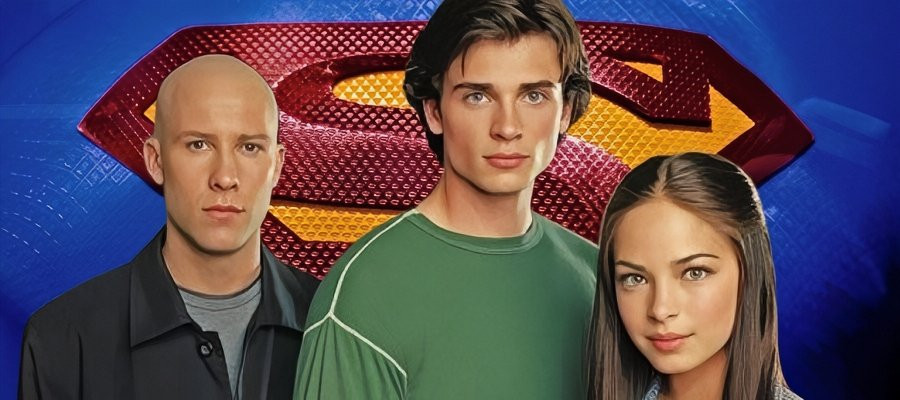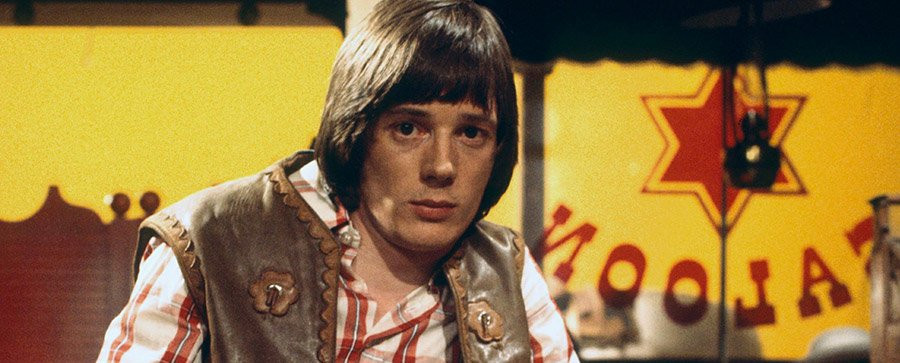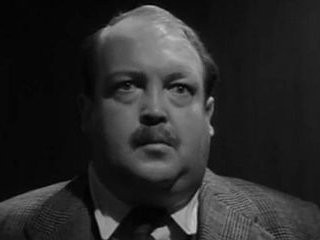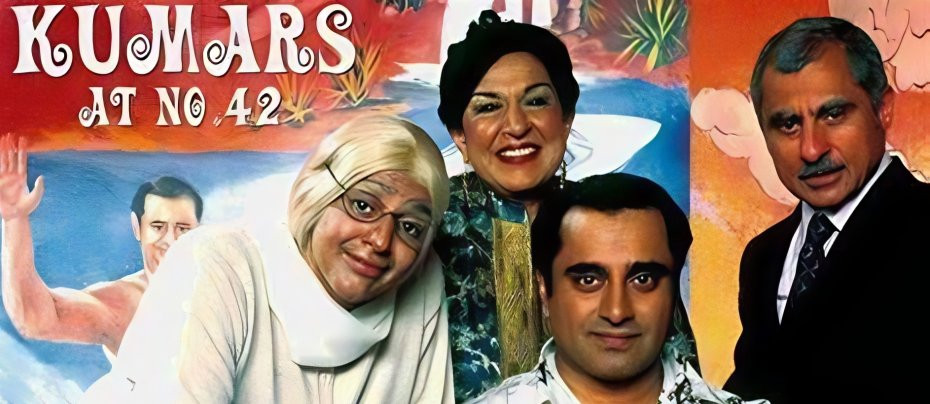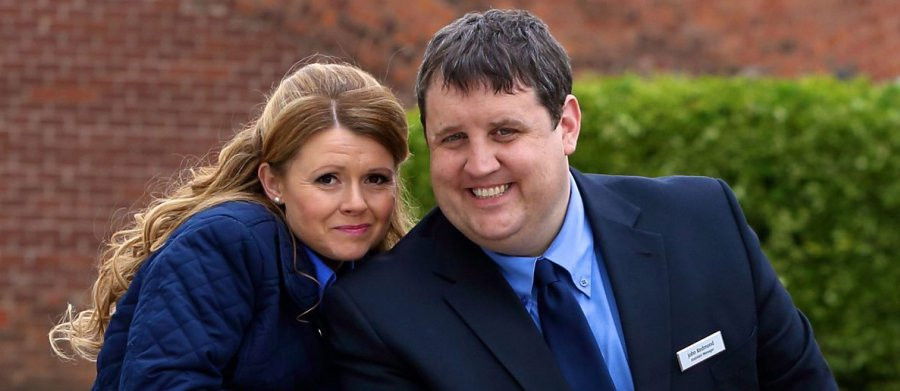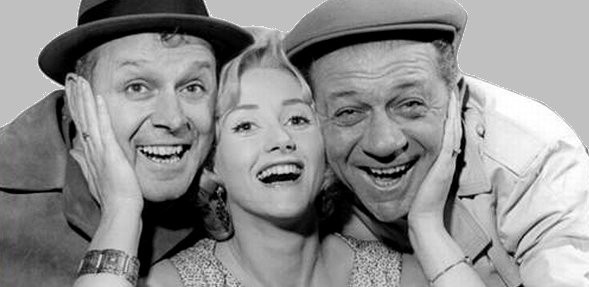
Phoenix Nights
2001 - United KingdomAt the beginning of the millennium, Peter Kay turned from being a promising young British comedian into an established household name. His stand-up release ‘Live at the Top of the Tower’ elevated him into a territory of popularity rarely reached, as people throughout the country belly laughed and quoted routines that the whole nation related to. His was a traditional observational comedy style, but mastered with such natural aplomb and studied perfection that his future stand up tours went on to break all kinds of ticket sale records.
So in 2001, when a new Peter Kay sitcom was announced, there was much anticipation and interest at seeing another string to his comedy bow. In truth, a year earlier Kay had already revealed a talented comic actor within, as well as a sharp writer whose stand-up observations lent themselves to character creations. Before his fame, That Peter Kay Thing had been a niche six-part series shown on the BBC to a cult crowd, with Kay playing a different character each episode; it was brilliantly executed and very funny.

The first of these half-hours was called ‘In The Club’ and focused on Brian Potter, a working men’s club owner near Bolton, who rules the roost from his wheelchair in a bad-tempered, good-natured manner. This glimpse into Potter’s persona and the working-class world in which he inhabits opened up an expanse of opportunities to explore, and that’s exactly what Peter Kay did over twelve episodes in two seasons of Phoenix Nights.
In the original Peter Kay Thing, Potter runs The Neptune, and when Phoenix Nights begins, things have moved on. The Neptune has burned down, this after his previous club The Aquarius had flooded. Refusing to be beaten, now he has opened The Phoenix, and is on a mission to make it the most popular in the area. And so begins a journey of schemes and plots to become the greatest place at the cheapest cost. The over-riding storyline revolves around Brian’s battle with his nemesis Den Perry of rivals The Banana Grove, but there are many more intricacies, twists and turns within.
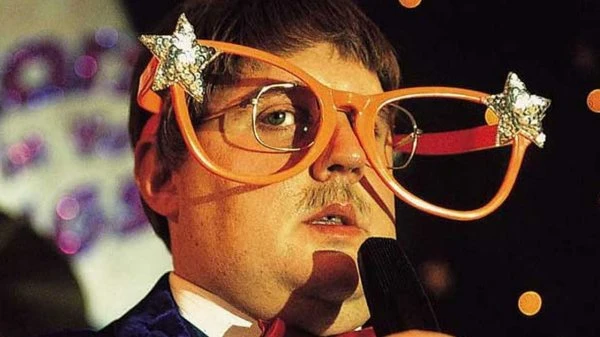
This set up allows for an array of ideas that Kay revels in, creating ridiculous yet realistic scenes in an environment that his background knows well and loves fondly. It is his genuine attachment that enables jokes to always fall on the right target, and in a show that confronts disability, racism and class, does so with such a touch that remains light hearted and indeed uproarious.

Trying and failing to keep Brian in line is club compere and licensee Jerry ‘The Saint’ St Clair. Jerry is far from a straight man but does act as a relative voice of reason against Brian’s oddball ideas and dubious shortcuts. His wish seems to be for a simple life entertaining the punters – to an audience of pensioners he sings modern pop songs in a corny cabaret style and proudly hosts bingo nights – but he is continuously caught up as the fall guy in the after effects of big plans going awry. Despite this and their volatile relationship, the affection between the two and reliance on one another is mutually obvious.
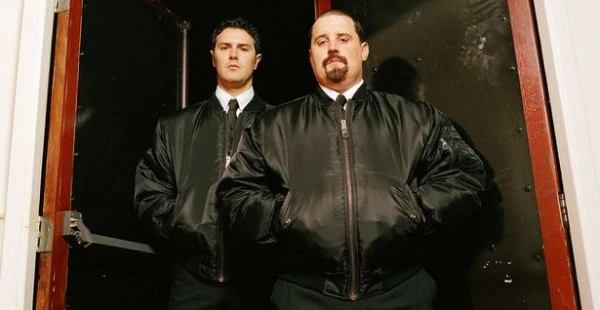
Jerry is played by real life comedian and friend of Peter Kay, Dave Spikey, and other members of the cast include comics, mates, actors and non-actors, a mix that lends a natural feel of fun and authenticity to the show. Notable characters are: Ray Von, the club’s resident DJ who shouts out ‘Shabba!’ during his set of youthful bangers totally out of sync with his bemused elderly audience; Kenny, a club regular and compulsive liar who makes constantly ludicrous claims that would be inherently untrue if it weren’t for occasional nods suggesting otherwise; and bouncers Max and Paddy, played respectively by Peter Kay himself and fellow Bolton comedian Paddy McGuinness, as a double act that get into scrapes and banter throughout, and went on to have their own spin-off series.
Potter himself is a loveable cantankerous old git, equally laughed at and sided with. His hardened exterior of quips and thrift hides a soft centre, which is especially exposed when he falls in love during the second season. It is in storylines such as this and Jerry’s victorious battle with cancer that give Phoenix Nights a human heart, adding real emotion to the viewing experience, but never at the expense of a truly great comedy.
Seen this show? How do you rate it?
Seen this show? How do you rate it?
Published on May 7th, 2019. Written by John Barran for Television Heaven.


